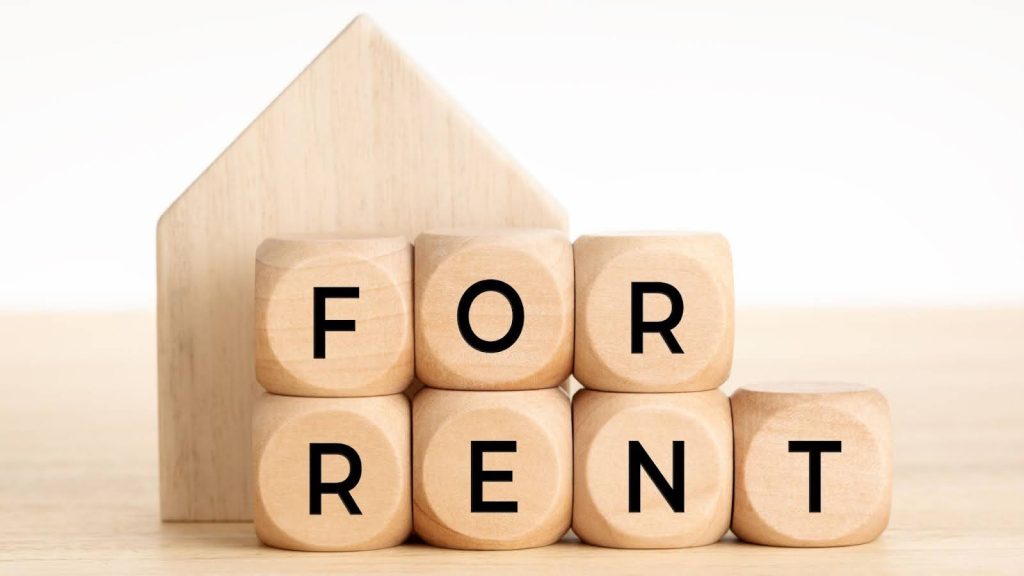If you’re investing in a rental property in Victoria, there’s a significant change you need to be across: the new rental minimum standards coming into effect in 2025. These updates are more than just best practice, they’re a legal requirement under the Residential Tenancies Regulations 2021 (Vic).
At Haitch Convey, we specialise in helping Victorian property investors navigate regulatory changes like these with confidence. This guide explains what you need to know about the minimum rental standards in Victoria, what’s changing in 2025, and how to ensure your investment property remains compliant and competitive.
What Are the Current Minimum Standards for a Rental Property in Victoria?
Since 29 March 2021, rental minimum standards in Victoria have set a baseline of what a property must offer before it can be leased. These include basic requirements for:
- Locks on external doors
- Functioning toilets
- Hot and cold water in bathrooms and kitchens
- A fixed heater in the main living area
- Working stove and cooktop
- Electrical safety switches
- Mould-free conditions
- Adequate ventilation and lighting
- Smoke alarms tested annually
- Corded window coverings fitted with safety anchors
These minimum standards for rental properties aim to ensure safe, secure, and habitable homes for tenants, and form a key part of any rental agreement in Victoria.
Importantly, your property must meet these standards before it is advertised for lease – not just before a renter moves in.
Minimum Rental Standards Victoria: From 30 October 2025
The Victorian Government has introduced additional minimum rental standards to improve the quality and sustainability of rental housing across the state. If your rental property is to be leased or re-leased after 30 October 2025, it must meet the following, as outlined in Making Victorian Rental Homes Better To Live In:
1. Ceiling Insulation
Properties without ceiling insulation must install insulation with a minimum R-value of 5.0. This helps regulate indoor temperatures and reduces heating and cooling costs—benefits that are increasingly attractive to renters.
2. Fixed Cooling in Living Area
Just like fixed heating is already mandatory, a fixed cooling system—such as a reverse-cycle air conditioner—must now also be installed in the main living area. Portable fans or evaporative coolers no longer meet the requirement unless installation is deemed unreasonable.
3. Draught Sealing
External doors must be sealed with weather strips to prevent energy loss. Wall vents that aren’t necessary must be sealed, improving energy efficiency in habitable rooms.
4. Upgraded Heaters
If your existing fixed heater in the living area is not energy efficient, you may need to upgrade it to a model with a minimum 2-star rating. Gas space heaters must meet modern emission standards, and open-flued heaters may need replacement.

What Are the New Rules for Landlords in Victoria?
If you’re a rental provider (landlord), you must ensure that your rental property complies with these minimum standards before signing or renewing a rental agreement after 30 October 2025. Compliance is also required at the time of advertising a property for rent.
Failure to comply could result in:
- Tenants making urgent repairs and seeking reimbursement
- Renters reporting non-compliance to Consumer Affairs Victoria
- Fines and enforcement action under the Residential Tenancies Act
- Reputational damage with future tenants
Pro Tip from Haitch Convey:
If you’re currently buying a rental property for investment, check whether it already meets these minimum rental standards. We review building condition reports, vendor statements, and contracts to flag issues early, helping you avoid costly upgrades after settlement.
Rooming House Standards: New Requirements in 2025
From 1 December 2025, rooming houses in Victoria must also meet new heating standards. A fixed, energy-efficient heater will be required in each resident’s room.
By 2030, these energy efficient heaters must meet a minimum 2-star energy rating. If your investment strategy includes rooming houses or boarding accommodation, now is the time to plan ahead for compliance.
Consult Consumer Affairs Victoria: Rooming House Standards for more details.

Compliance Checklist for Property Investors
Here’s a simple checklist to ensure your investment property meets minimum standards by 2025:
- Ceiling insulation with R-value of 5.0 or higher
- Fixed energy-efficient heating in the main living area
- Fixed cooling (not portable) in the living area
- Weather seals on external doors
- Safety anchors on window cords
- Annual smoke alarm safety checks
- Functional hot and cold water
- Electrical safety switches installed
- Ventilation and natural light in habitable rooms
- Structurally sound building structure and surfaces
- Functioning kitchen with cooking facilities
- Working toilet and rental property’s bathroom access
Some upgrades (like insulation or air conditioning) may require a building permit or approval from your local council, especially for apartment buildings or properties governed by heritage overlays. Haitch Convey can assist in identifying these risks early during due diligence.
Why These Standards Matter to Investors
At first glance, the new investment property rental standards might seem like just another expense. But they actually offer long-term advantages:
- Higher rental demand for energy-efficient homes
- Lower vacancy rates
- Improved tenant satisfaction and longevity
- Protection from compliance fines
- Future-proofing against regulatory changes
In today’s competitive market, renters are increasingly comparing features like insulation, air conditioning, and efficient heating when choosing a home.

Act Now, Not Later
The new rental minimum standards in Victoria represent a major shift in expectations for landlords. Rather than seeing them as a compliance hurdle, savvy investors can treat them as an opportunity to stand out in the rental market.
At Haitch Convey, we’re here to guide you through these changes with clear, actionable advice and conveyancing services tailored to property investors. Whether you’re planning to buy, lease, or upgrade, making sure your rental property complies now will save you stress (and money) later.
How Haitch Convey Can Help
As a trusted conveyancing firm in Victoria, we go beyond just managing your settlement. Our team helps you understand the rental minimum standards, assess risk during property acquisition, and liaise with property managers, builders, and inspectors.
Whether you’re purchasing your first investment property or adding to your portfolio, we help ensure the rental agreements entered post-settlement are fully compliant.
Need advice on a current purchase? Contact us today to review your contract or building reports and ensure your rental property is future-ready. Know what conveyancing services you’re after? Use our quote calculator.
FAQ’s from Victorian Property Investors
Some exemptions may apply under the law if insulation or fixed cooling cannot be installed due to structural or heritage limitations. You’ll need to provide documented evidence and may need advice from a building inspector or council.
Rental providers are responsible for all upgrades required to meet minimum standards. Tenants cannot be charged for these upgrades or be required to install them themselves.
Tenants may report non-compliance to Consumer Affairs Victoria, request urgent repairs, or withhold rent in certain circumstances. You may also be fined.
Fair wear and tear refers to the gradual deterioration of a property due to normal, everyday use. It is not the same as damage. Common examples include:
- Fading paint or carpet wear from foot traffic
- Loose door handles over time
- Minor scuff marks on walls
Under law from the Victorian government, rental providers cannot claim the cost of these items from the tenant’s bond. It’s important for property investors to understand this distinction, especially if you’re planning renovations or seeking compensation at the end of a lease.




